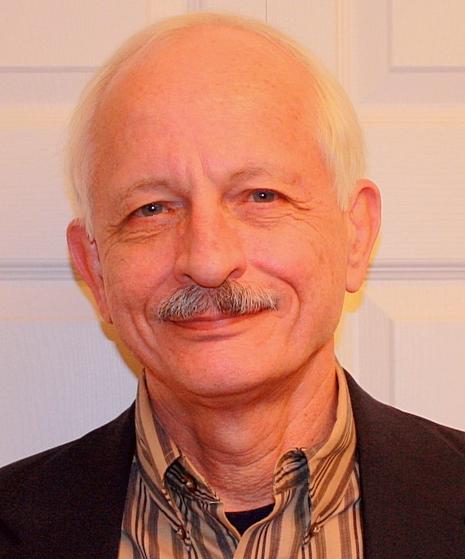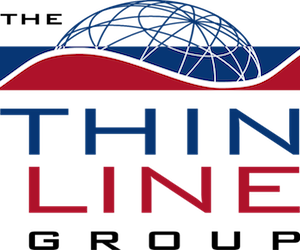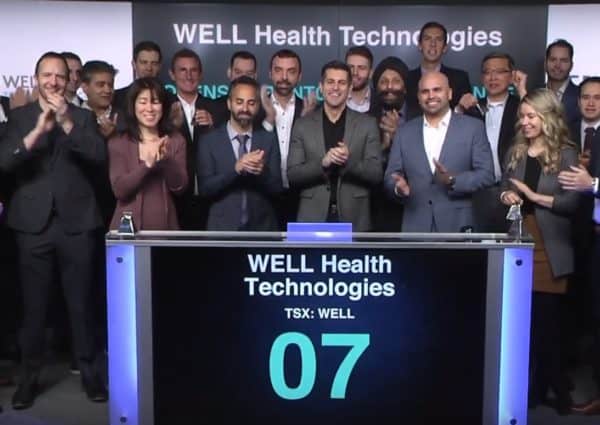LibreHealth
See the following -
Presenting the Open Aid Movement at Open Source Bridge
 “Open source” is a method for putting intellectual property in the public domain, allowing anyone to use it however they see fit. I’m an advocate of the “open source way” because I believe that if more people shared intellectual property of all types – whether its farming techniques, software code, music, etc – then we’ll eventually be able to meet the basic needs of everyone in the world, allowing all people to pursue their own happiness without fear of material scarcity...
“Open source” is a method for putting intellectual property in the public domain, allowing anyone to use it however they see fit. I’m an advocate of the “open source way” because I believe that if more people shared intellectual property of all types – whether its farming techniques, software code, music, etc – then we’ll eventually be able to meet the basic needs of everyone in the world, allowing all people to pursue their own happiness without fear of material scarcity...
- Login to post comments
The Story of How our Health Informatics Textbook Came into Being
 I have been asked many times how and why I became interested in Health Informatics and how that led to the writing and self-publication of our textbook, Health Informatics: Practical Guide. The textbook is now in its 7th edition and has been adopted by a large number of universities for their health informatics courses. More co-authors have come on board, and we are now looking at publishing other textbooks. Thus we thought this would be a good point to tell the story.
I have been asked many times how and why I became interested in Health Informatics and how that led to the writing and self-publication of our textbook, Health Informatics: Practical Guide. The textbook is now in its 7th edition and has been adopted by a large number of universities for their health informatics courses. More co-authors have come on board, and we are now looking at publishing other textbooks. Thus we thought this would be a good point to tell the story.
- Login to post comments
The Thin Line Group
 ThinLine was founded to assist federal, state, and local government agencies, commercial and private sector organizations, with continuity planning, disaster prevention, and disaster response. ThinLine provides consulting services and material solutions that address evolving man-made threats such as cyber warfare and terrorist threats. In addition, the Thin Line also addresses the dynamic environmental conditions that follow catastrophic natural disasters such as failing infrastructure. The Thin Line Group supports individuals and organizations that need realistic and sustainable resilience solutions to protect life, property, information, and functions.
ThinLine was founded to assist federal, state, and local government agencies, commercial and private sector organizations, with continuity planning, disaster prevention, and disaster response. ThinLine provides consulting services and material solutions that address evolving man-made threats such as cyber warfare and terrorist threats. In addition, the Thin Line also addresses the dynamic environmental conditions that follow catastrophic natural disasters such as failing infrastructure. The Thin Line Group supports individuals and organizations that need realistic and sustainable resilience solutions to protect life, property, information, and functions.
- Login to post comments
Using LibreHealth EHR for Education in Academic Settings
 Traditionally, access to EHRs has been viewed as important only for software training, particularly order entry. What seems to be overlooked is the potential for education, analytics and research. Additionally, one could argue that there should be an open-source “EHR Sandbox” so multiple external EHR integrations could be studied and reported. Furthermore, many EHR users view the software as a means to enter or extract data on one patient at a time and fail to see the benefit in analyzing their entire clinic population (population health). The following diagram displays how an EHR could be used for education, training, analytics and research.
Traditionally, access to EHRs has been viewed as important only for software training, particularly order entry. What seems to be overlooked is the potential for education, analytics and research. Additionally, one could argue that there should be an open-source “EHR Sandbox” so multiple external EHR integrations could be studied and reported. Furthermore, many EHR users view the software as a means to enter or extract data on one patient at a time and fail to see the benefit in analyzing their entire clinic population (population health). The following diagram displays how an EHR could be used for education, training, analytics and research.
- Login to post comments
WELL Health Technologies Becomes World’s First Billion-dollar Open Source EMR Company
 Canadian start-up company WELL Health Technologies (WELL) just crossed the threshold a month ago to become the world’s first billion-dollar open source electronic medical records (EMR) company. WELL, based in Vancouver, British Columbia, has accomplished this milestone less than three years after its founding. WELL’s market cap is currently hovering between $1.2 and $1.3 billion. The company has developed a disruptive digital health platform model with an open source EMR core, and a firm focus on improving clinical outcomes by using the technology to assist physicians and patients focus on health and wellness. Its goal is to shift the industry from a highly fragmented and expensive sick-care system to a health care system.
Canadian start-up company WELL Health Technologies (WELL) just crossed the threshold a month ago to become the world’s first billion-dollar open source electronic medical records (EMR) company. WELL, based in Vancouver, British Columbia, has accomplished this milestone less than three years after its founding. WELL’s market cap is currently hovering between $1.2 and $1.3 billion. The company has developed a disruptive digital health platform model with an open source EMR core, and a firm focus on improving clinical outcomes by using the technology to assist physicians and patients focus on health and wellness. Its goal is to shift the industry from a highly fragmented and expensive sick-care system to a health care system.
- The Future Is Open
- Login to post comments
What Does it Mean to Have an Open Mindset?
 Successful companies are those that grow and expand. But bigger companies often need more managers. Excessive layers of management can instill cumbersome bureaucracy in a company, and bureaucracy can become a significant problem for companies when it can causes wasteful resource allocation, decreases productivity, and decelerates innovation. We can observe that open thinking can challenge or overcome potential problems of bureaucracy. Even if your company isn't a software company, it's still possible to adopt the mindset prevalent in free and open source software communities and instill openness within your company's culture...
Successful companies are those that grow and expand. But bigger companies often need more managers. Excessive layers of management can instill cumbersome bureaucracy in a company, and bureaucracy can become a significant problem for companies when it can causes wasteful resource allocation, decreases productivity, and decelerates innovation. We can observe that open thinking can challenge or overcome potential problems of bureaucracy. Even if your company isn't a software company, it's still possible to adopt the mindset prevalent in free and open source software communities and instill openness within your company's culture...
- Login to post comments
